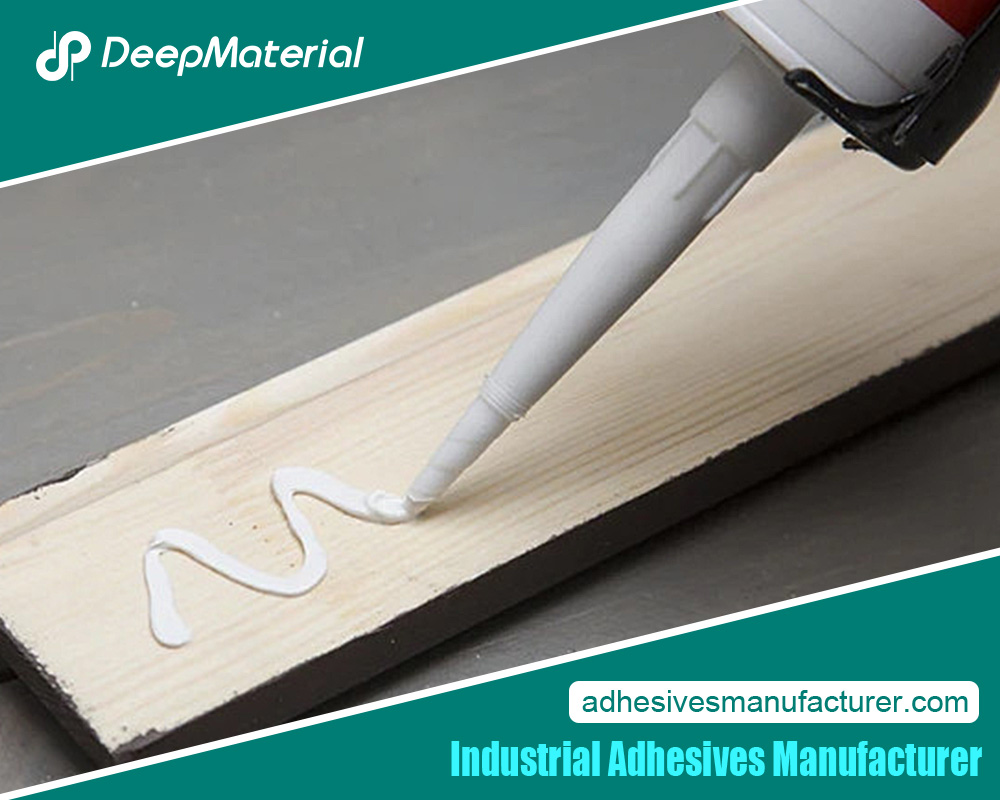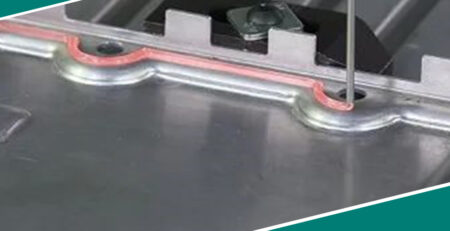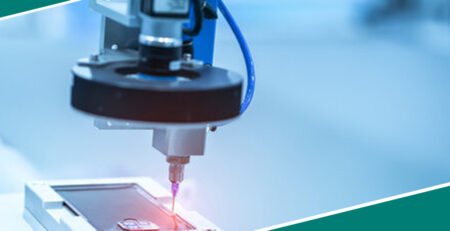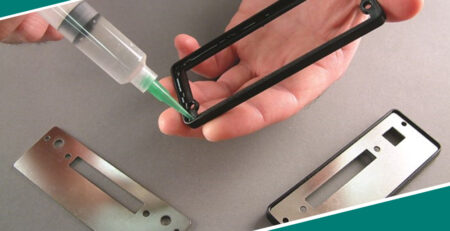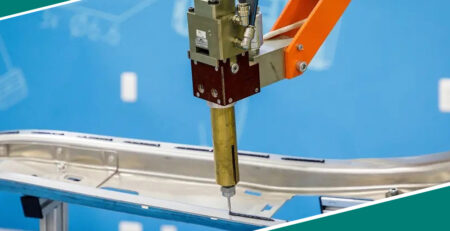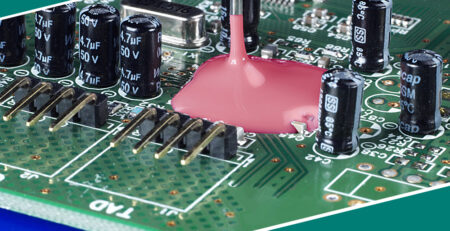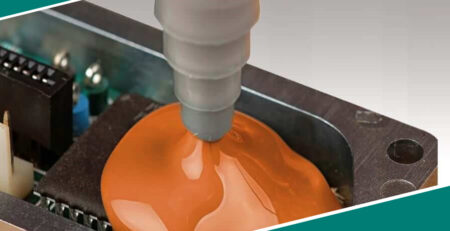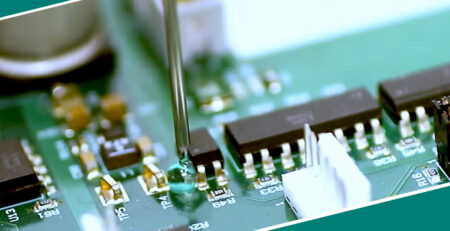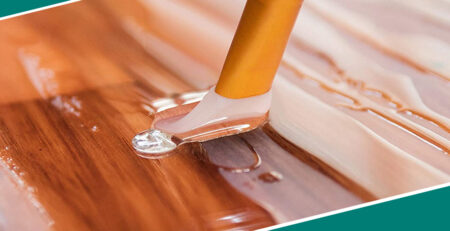Exploring the Tensile Strength of Electric Motor Epoxy Adhesive
Exploring the Tensile Strength of Electric Motor Epoxy Adhesive
Adhesives play a vital role in the creation and success of electric motors. They are indispensable for bonding components together to ensure an operational motor with integrity and reliability. Epoxy adhesives, which boast great strength along with their strong adhesive qualities, are frequently employed within electrical motors.
Electric motor epoxy adhesives have been crafted to meet the unique expectations put on by these particular applications; bonds that endure extreme temperatures, vibrations, and even exposure to substances are absolutely essential! This article will dive into the significance of tensile strength within such glues and why it matters when considering electrical motor performance.
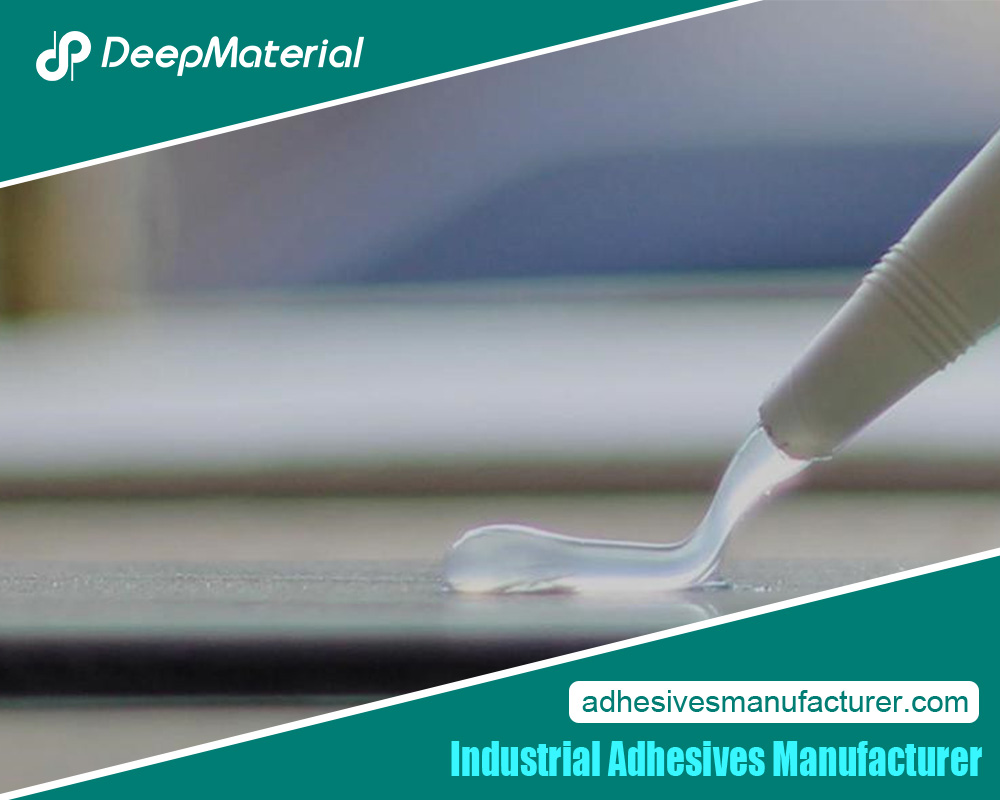
Understanding Tensile Strength in Adhesives
The tensile strength of electric motor epoxy adhesive is essential for reliable and strong performance; it’s the maximum stress they can withstand before breaking. This tension-bearing capability depends on numerous elements during their formulation, like the specific resin, hardeners, and additional inclusions.
Similarly, when curing these subcomponents together to form an adhesive bond, temperatures and humidity also have a considerable impact on its durability over time. It goes without saying that having impressive tensile strength makes all the difference in ensuring its longevity.
Testing Methods for Tensile Strength in Adhesives
Among the series of tests for evaluating an adhesive’s tensile strength, one of the most popular is called a lap shear test. While it may sound like decorating your windows with lace curtains – and you can trust me when I say accessory shopping would be way more fun than this – it essentially involves bonding two substrates together with your adhesive resin, then applying tension to them by pulling them apart to measure precise force. That required effort reveals just how strong that particular bond is.
The pull-off test comes in close second as far as popularity goes; here, a tiny disc or button of adhesive gets hooked to a substrate before testing starts. After giving that thing a tug so hard, Picasso could have done some abstract sketches inspired by this process, and you’ll get the strength records from its success (or failure).
Importance of Tensile Strength in Electric Motor Applications
The tensile strength of the bonds in an electric motor has a major say in how it performs over the long haul. Stress-inducing forces like vibration, thermal expansion or contraction, and mechanical loading will take a toll on them. If they don’t supply enough gumption to stay connected, motor failure is guaranteed—no two ways about it!
Consider the innards of most electrical motors: copper wiring that’s held together by epoxy adhesive. To ensure maximum electricity flow between those wires without any buffoonery from them moving around, that bond requires adequate tensile strength. A weakened connection can cause short circuits or create open loops as strands come undone one by one. Now that would be beyond disastrous.
Comparison of Tensile Strength in Different Adhesive Types
Epoxy adhesives are widely used in electric motor construction, but they aren’t the only type of adhesive with high tensile strength and specific properties suited for this purpose. Acrylics have pretty great resistance to environmental stressors like humidity and sunlight, yet they may not stand as well as epoxies against extraordinarily hot temperatures.
And though silicone adhesives can withstand vibration and extreme temperatures really well, their downside could be slightly decreased tension compared to other options. Ultimately, it’s important to weigh up each kind of adhesive carefully before selecting the most suitable one for your electrical motor build.
Impact of Temperature and Humidity on Tensile Strength
Temperature and humidity can play havoc with the tensile strength of electric motor epoxy adhesive, like a thief in the night stealing its capability to perform. When temperatures are high, it can soften or break down, robbing it of its full power; likewise, when moisture is elevated during the curing process due to high-humidity environments, it reduces that bond’s mightiness as well.
To help ensure optimal performance scores in these precarious conditions, given this kind of instability, picking an adhesive specifically tailored for use in warm settings and moist environs is key. Not just that, but controlling temperature and dampness during bonding will bedazzle you with results beyond expectation!
Improving Tensile Strength in Electric Motor Epoxy Adhesive
To reinforce the tensile strength of electric motor epoxy adhesive, there are a few tricks for success. First off, it’s all about getting the formulation just right; pick a smart combination of resin, hardener, and additives, and you’re set to make an adhesive strong enough to tackle tough tasks.
In addition, pay attention to details in the curing process—adjust temperatures, time, or pressure properly—and that can further enhance the impact of your hard work. Do it right, and you’ll have an adhesive with unbeatable toughness, perfect for any job!
Real-World Applications of Electric Motor Epoxy Adhesive
Electric motor epoxy adhesive is incredibly versatile! It’s used all over the place, even in the automotive industry, where it bonds together parts of electric motors in hybrid and electric vehicles to give them structural integrity and excellent performance.
Of course, that’s not its only application; aerospace engineers use it to affix windings and magnets within aircraft systems. And thanks to this trusty adhesive, these engines can withstand a whole array of extreme conditions: high temperatures, intense vibrations, and mechanical loads.
Future Developments in Electric Motor Adhesive Technology
In the ever-evolving world of electric motor adhesive technology, scientists are striving to make strides in performance and reliability. They’re making it their personal mission to formulate adhesives with greater tensile strength that can withstand variable temperature and humidity conditions. It’s an uphill battle, but they remain undeterred, no matter how challenging the task.
Cutting-edge electric motor adhesive technology is pushing scientists to new heights as they strive for better performance and reliability. It’s a monumental task where these innovators are determined to craft adhesives that can withstand intense temperature fluctuations and higher humidity levels—all while maintaining superior tensile strength! Despite the difficulty of the job at hand, they remain undeterred in their ambition, no matter how tough it gets.

Last Words
Wrapping it up, tensile strength is a total must when we’re talking about electric motor epoxy glue. It sets the tone for how well the swap holds together and just how dependable that bond is going to be. When you factor in things like temperature or humidity and take advantage of strategies to improve the stickiness of your stuff, you can put faith in those extra-tough motors that meet all industry standards.
Even if they got some heavy lifting up ahead! With game-changing research and advancements coming out every day, these glues are only getting more GTF with every new spin on innovation. You know what they say: stronger adhesive means more confidence for everyone involved.
For more about Exploring the Tensile Strength of Electric Motor Epoxy Adhesive, you can pay a visit to Deepmaterial at https://www.adhesivesmanufacturer.com/ for more info.

